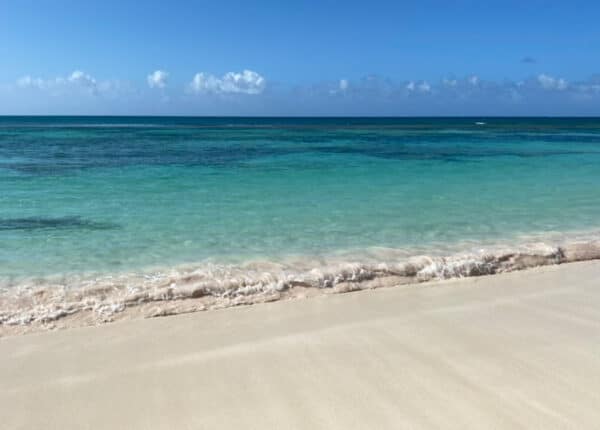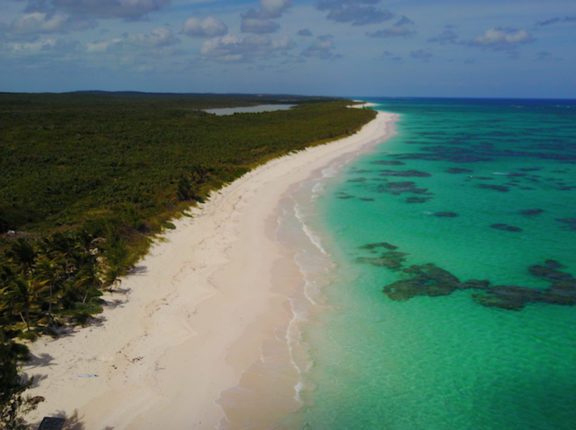Dominican Republic President Signs Decree on New Citizenship Policy
Above: Dominican Republic President Danilo Medina
By the Caribbean Journal staff
Dominican Republic President Danilo Medina signed a decree Friday establishing the terms and conditions for what he called the “regularization of foreigners in an irregular situation” in the country.
The government said the decree of the “National Plan for Regularization” fulfilled the mandate of the country’s General Migration Law and the provisions of Constitutional Court Judgment TC/0168/13. The latter was the controversial case which stripped citizenship for hundreds of thousands of Dominicans of Haitian descent.
That ruling applied to those born in the Dominican Republic to parents who were considered ” in transit” in the country — the vast majority of whom were Haitian.
The decree said that there would be a special process “for the naturalization of children of foreign mothers that were not resident in the country.”
It did not just apply to those impacted by the constitutional ruling, however — it was part of a wider effort to attempt to regularize the many foreign workers, almost entirely Haitian, living in the country.
The decree gives them 18 months to make an application for regularization.
Those impacted will need to meet a series of criteria, including “a link with Dominican society,” children born in the country, having studied in the country, knowledge of how to speak and read Spanish, residence at a fixed address, living with a Dominican and not having a criminal record.
The government said the decree was of “fundamental importance,” as it established the criteria used to establish the “time of filing, attachment to society and labour and socioeconomic conditions of foreigners in the Dominican Republic.”
The decree also applied to “foreign labour,” which the government said would have to show “socioeconomic links” to the country.
Those include owning real or personal property, having satisfied an educational degree, having bank accounts or trade references and having a regular job during the time of their stay.
The government said it would also be presenting a bill of “Special Naturalization” which will be presented to the National Congress.
“In no case should this be confused with an amnesty, as erroneously mentioned,” said Gustavo Montalov, Minister of the Presidency. “It is simply a bill that our country needed for some time and which will permit, together with the regularization plan, the establishment of clear, consistent and predictable rules with fair criteria that define who can access the Dominican nationality, who are legal residents and who are visitors.”







